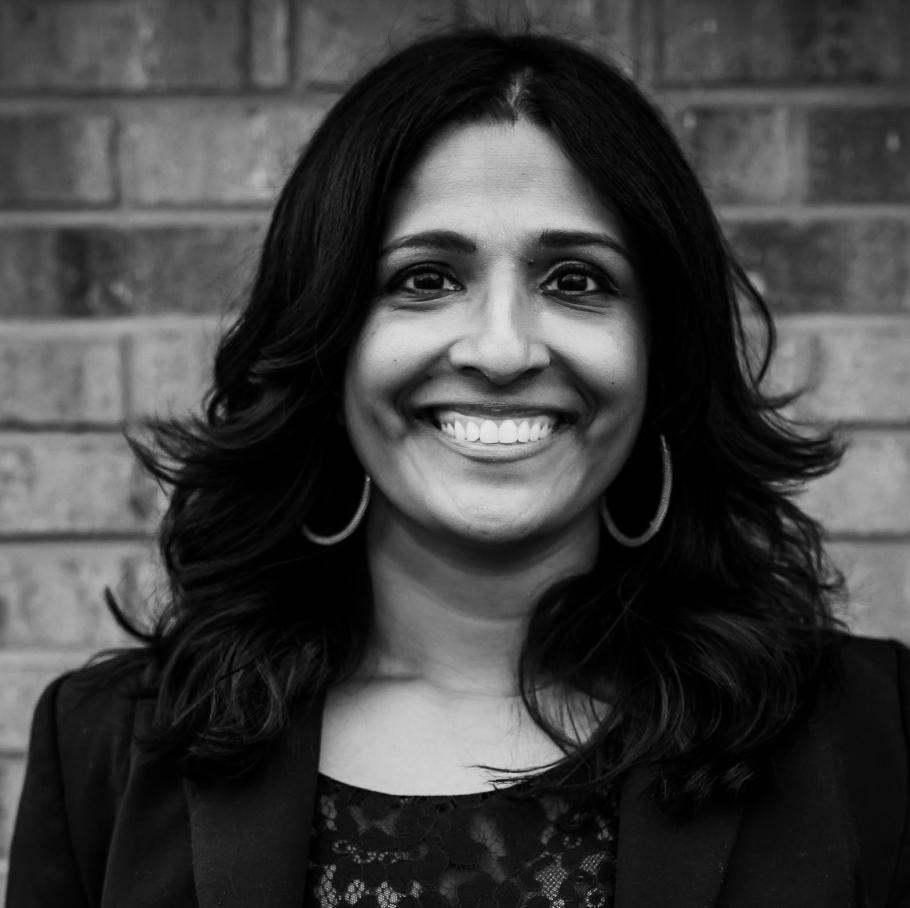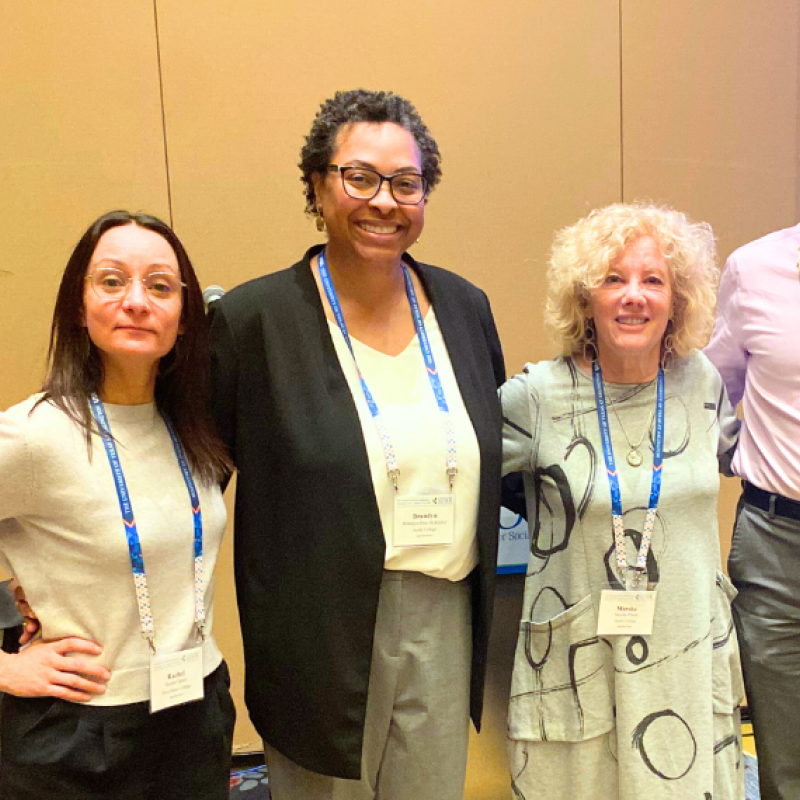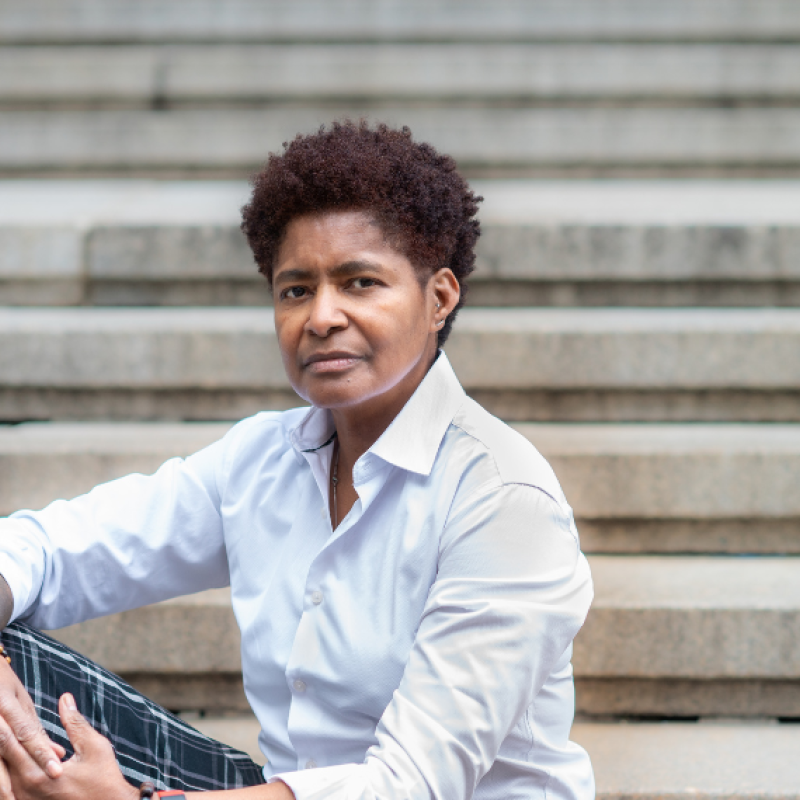Who defines what clinical social work is, and how does the framing effect who has access to social work practice and knowledge?
Studies in Clinical Social Work: Transforming Practice, Education and Research is exploring that concept and offering early scholars an opportunity to dive into the publishing process with support.
Originally founded in 1930 by Smith SSW, the Studies in Clinical Social Work journal was reimagined in 2023 with a renewed focus on articles that promote clinical racial- and social justice-focused work and social work practice that centers marginalized communities.

The Early Scholar Mentorship program that launched this year is hoping to open doors for Ph.D. students, pre-tenure faculty and other early career social workers who may not know what it takes to submit a manuscript. Program participants are paired directly with an editorial advisory board member for mentorship on manuscript preparation, submission, revisions and publication. They also receive feedback on their peer review skills so that by the conclusion of the program they have developed all the skills they need to engage with the publishing process and share their work with the wider social work community.
Editorial board member Rani Varghese, M.S.W. ‘99, was inspired to join the board because of the journal’s focus on promoting social justice and the value that her clinical training, rooted in psychodynamic theory at Smith, has brought to her career.
Varghese believes the journal is doing two important things: expanding the definition of clinical social work, (a “hotbed conversation at social work schools,” she says) and highlighting the varied ways people practice clinical social work.
“There’s a few folks who say, ‘this is what clinical social work is.’ Historically it has been divorced from social justice practices. For me, you can’t do clinical social work unless you are engaged in social justice practices.”
“If we reframe what we mean by ‘what is clinical social work?’— what it looks like in the classroom, in research, in practice— from a social justice perspective, I think we can claim it, and reimagine it. I think that’s what this journal is: An exercise in reimagination, claiming, reframing.”
The new mentorship program will support the development of underrepresented social work practitioners in publishing, and hopefully change the current dynamics in publishing through mentorship and access to knowledge.
Though the history of social work is often framed through a homogenous and dominant paradigm, Varghese says, people on the margins, outside of what was formally called “social work”, have always been there, influencing the profession, and that history needs to be reclaimed and told.
“When I think about Bertha Capen Reynolds… She had incredibly important, yet seen as radical ideas that influenced us. And yet, in the moment, we shunned her. But now it’s popular to reclaim her… We have an opportunity for claiming, reclaiming and re-imagining.”
Varghese encourages social workers to use the mentorship program as a sounding board, and to share their work with the wider social work community.
“You don’t have to be in academia, you could be a practitioner doing amazing work on the ground and someone in academia can help you think about how you can create the container, the theoretical framework [for what] that you’re doing organically,” said Varghese.
“Everyone wins if your work is out in the world for someone to read.”


